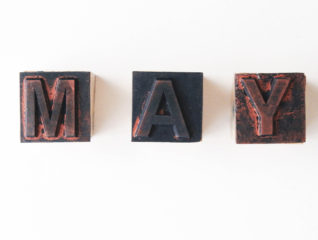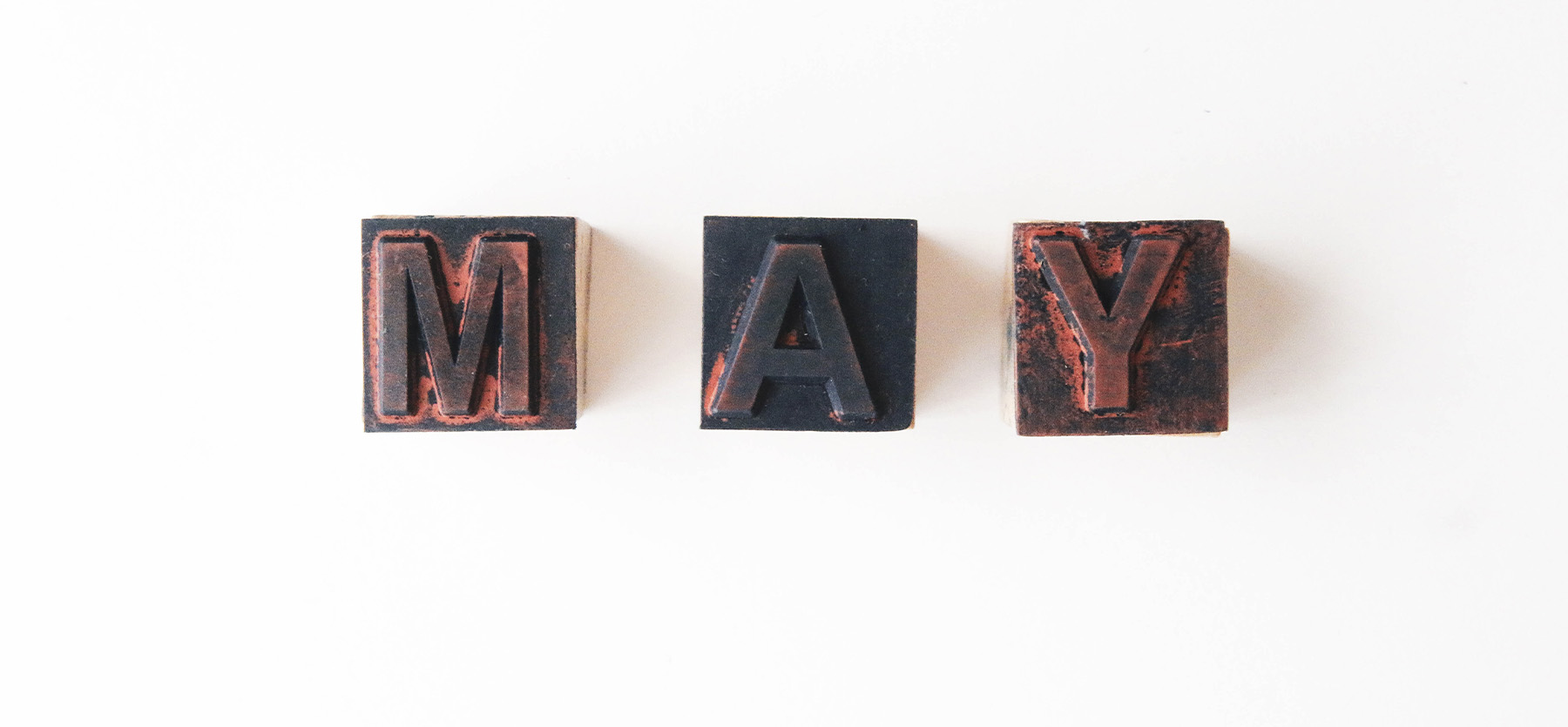
Mental Health Month Tools and Resources
- Self-Help
Mental health illnesses are among the highest of all the diseases in the United States. In addition, mental disorders are a common cause of many disabilities. Did you know that 1 in 5 people will experience a mental illness in their life? Many people will also face challenges throughout their life that can ultimately affect their mental health.
Although May is Mental Health Month, we want to also focus on the physical, intellectual, financial, spiritual, and cultural aspects of your health as well since they’re all closely related to your overall wellness. Everyone faces challenges in their life that can affect their mental health. As a result, we want to provide you with tools and resources to improve your mental health. Even if you’re dealing with short-term changes, like social distancing and growing accustomed to the “new normal” as a result of COVID-19, we believe these tools will be more useful than ever to becoming the best version of yourself.
Below, we’ll highlight:
- Coping with Your Feelings
- Finding the Right Fitness Routine
- Building and Maintaining Connections
- Making the Right Food Choices
- Bringing the Gift of Joy and Laughter
- Create Healthy Routines
- Discovering Your Calm
Coping with Your Feelings
It’s easy to get lost in your emotions. In order to get past that, the key to having a healthy lifestyle is to address what you’re feeling so that you can find ways to help you better cope with situations that may arise. If you’re experiencing issues such as self-doubt, financial anxiety, impostor syndrome, or other mental health challenges, there are many ways to overcome them.
Eliminate Impostor Syndrome
If you’ve ever felt like a fraud or felt like you shouldn’t celebrate your success and achievements, you can discover ways to get over that hurdle. Dr. Lisa Orbé-Austin and Dr. Richard Orbé-Austin wrote Own Your Greatness, which provides interactive activities and a research-backed program to help you overcome impostor syndrome. Learn about what impostor syndrome is and ways to eliminate it.
Cut Money Stress
If you’re struggling with finances and need expert advice on how to manage your money stress, financial therapist Lindsay Bryan-Podvin provides tips and advice on financial anxiety in The Financial Anxiety Solution. Find out how to cut money stress and find healthy solutions to build a better relationship with your money. Click here for more information.
Strengthen Self-Love
Without a strong sense of love for yourself, feelings of anxiety, depression, hopelessness, and so many other feelings will start to creep in. Once you begin to embrace your strength and qualities, you can develop a strong sense of love for yourself and others and begin to flourish in life. If you need help on your self-love journey, Dr. Shainna Ali provides advice and exercises to get you there in The Self-Love Workbook and The Self-Love Workbook for Teens. Get started toward your self-love and acceptance journey and learn about self-care techniques to improve your self-care practice.
Finding the Right Fitness Routine
Exercise is good for your body. But it’s also very effective in dealing with depression, anxiety, stress, and many other mental disorders. It can relieve stress, improve memory, help you sleep better at night, and boost your overall mood. The key to finding the best exercise routine is first having the motivation to want to workout and then maintaining consistency. Challenge yourself to start off small and then build from there. If you need help finding a routine, we’ve got you covered with exercises to do here.
Building and Maintaining Connections
A strong social connection is extremely beneficial to our health and wellness. We all need to feel loved and supported and to have fun with like-minded people. But it can be difficult to find and maintain social connections as an adult. With social distancing now in order, it can be even harder to make friends.
Social media can play a huge role in helping maintain and build social connections when we can’t do it elsewhere. Whether you’re looking for friends off or online and don’t quite know where to start, Hope Kelaher, therapist and author of Here to Make Friends, has the perfect advice for you. Here are some strategies and advice to help you get started.
Making the Right Food Choices
The foods you eat not only affect your physical health, but they affect your brain as well. They can boost your cognitive functions and can also reduce anxiety, depression, and other mental disorders. Finding the right diet doesn’t have to be difficult.
Food as medicine is the understanding that food can contribute to disease and dysfunction or drive optimal organ function and treat or prevent disease. By avoiding inflammatory, processed, or toxic ingredients and food-like substances through a whole food diet, you can begin to experience the benefits of food as medicine.
To help you get started on making the right choices with what you eat, click here to find expert advice and try out delicious recipes from food-as-medicine guru Ali Miller, RD. For more information, check out The Anti-Anxiety Diet Cookbook or The Anti-Anxiety Diet.
Bringing the Gift of Joy and Laughter
We could all use a little humor in our lives right now. Time to take a break and do things that bring you pleasure. Pick up a game or a joke book. Watch a movie or TV show. Whatever you do, make sure you take some time for yourself to relieve some of your stress.
Spend some time learning how to play a roleplaying game, like Dungeons and Dragons. For tips for how to start, game master Timm Woods has expert advice on how to create an amazing fantasy world using random tables in Random Tables: Cities and Towns.
If games aren’t quite your style but learning a new hobby is, try brush pen lettering using these free practice sheets to help you out.
Creating Healthy Routines
Having a good, strong routine can help improve your overall wellness. Create a routine that works for you. Below is a list of other small steps you could take toward improving your mental health:
- Make time in your day for relaxation
- Spend time around positive people
- Write about past mistakes and failures to learn from them
- Listen to music to change your mood
- Minimize your exposure to negative information
- Focus on what’s in your power to change
- Take a nature walk once per week
- Practice mindfulness meditation once per week
- Make a list of the things for which you are grateful
- Read two books each year that expand your perspective
- Make a list of your core values in life
- Find an activity that gives you a sense of purpose
- Find 10 minutes each day to smile, sing, or dance
To discover more ways to make small changes in your life that’ll ultimately create long-lasting improvements, check out Small Habits, Big Changes.
Keeping track of your habits and routines can do wonders to support your physical, mental, and emotional health. To stay organized, learn the importance of habit trackers and download worksheets here to begin tracking your goals.
Discovering Your Calm
Having to quickly adjust to a new lifestyle can increase stress and anxiety. If you need ideas for ways to remain calm and reduce some of your stress, we have just the right DIY Self-Care Ideas for you to do. These ideas can help refuel your energy and mood and help you relax when you’re feeling uneasy.
For more tools and resources to improve your mental health and overall wellness, check out Mental Health America.





